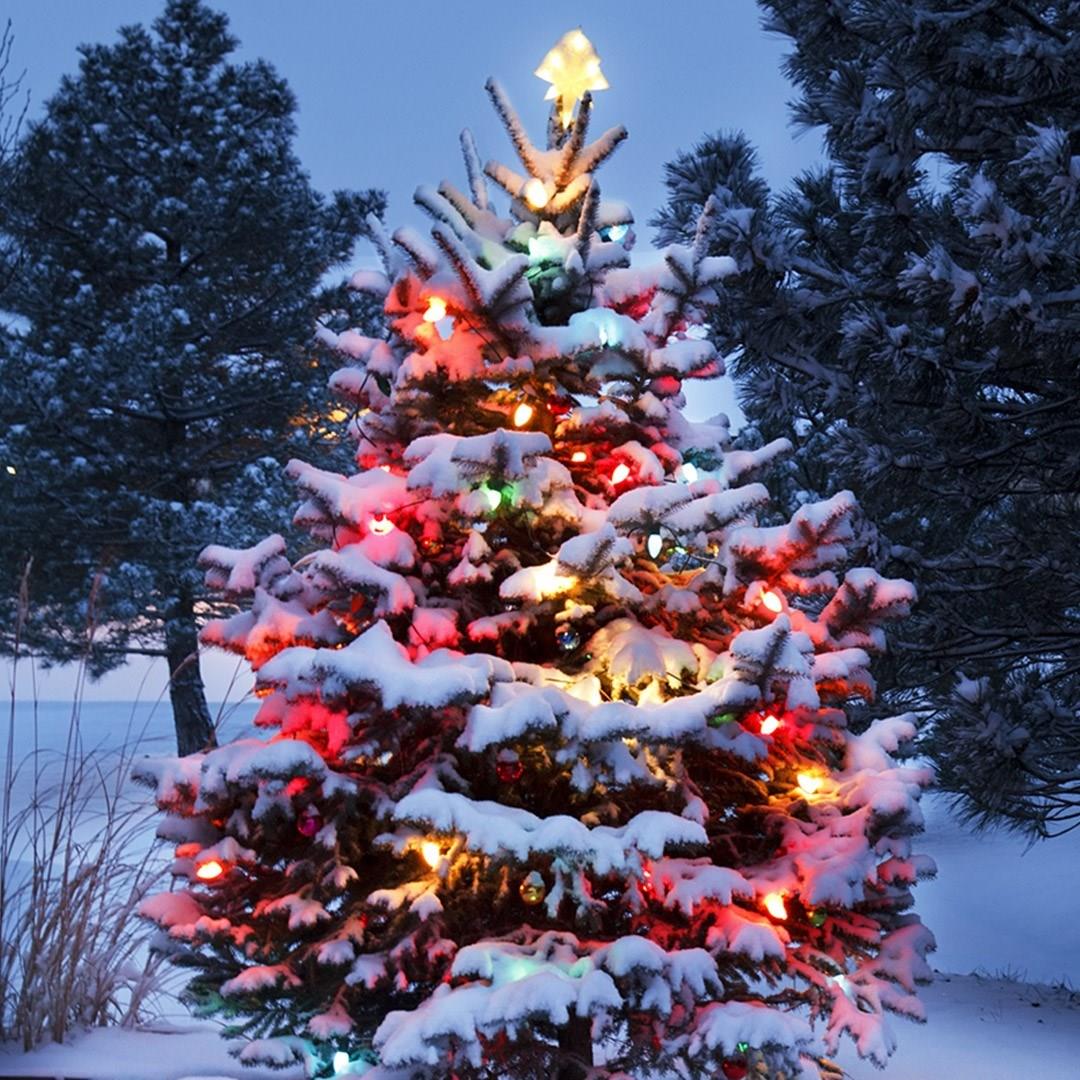
Various
Christmas Tree
Christmas trees are very often Norway Spruce, or, for needles that drop less quickly, Nordmann Fir. Douglas Firs are also popular, and several other varieties of conifer are also used.
Contributed by @bookworm68
-
Full sun to partial shade
-
Occasional watering
-
Full Frost Hardy: 5F (-15°C)
-
Free draining
Common name
Christmas Tree
Latin name
Various
type
Evergreens
family
Pinaceae
ph
5.0 - 7.5 Acid - Neutral
Plant & bloom calendar
-
Best time to plant
full grown dimensions
 1.50 M
3.00 M
1.50 M
3.00 M
Various
Christmas trees are very often Norway Spruce, or, for needles that drop less quickly, Nordmann Fir. Douglas Firs are also popular, and several other varieties of conifer are also used.
Planting
From Early Winter TO Mid Winter
Most Christmas trees are cut, and therefore do not require planting. It is not a good idea to put cut trees in damp sand or soil, as this will prevent the tree from being able to take up water. They should stand in water. A tree with roots can be planted into a pot (if it isn't already in a pot) of compost
Propagating by hardwood cuttings
From Late Autumn TO Late Autumn
Choose healthy, vigorous stems about pencil thickness, from current season's growth. Trim to 10 - 20 cms. lengths, and remove all but the top 3 or 4 pairs of leaves. Choose a sunny, well-draining, weed-free site and make a v-shaped slit trench. Line the base of the trench with sand, for drainage, and place the cuttings 10 cms. apart in the trench, leaving the leaves exposed above the soil. Fill the trench back with soil, firm the cuttings in, then water well. Pot up in the following Autumn, when well rooted.



























